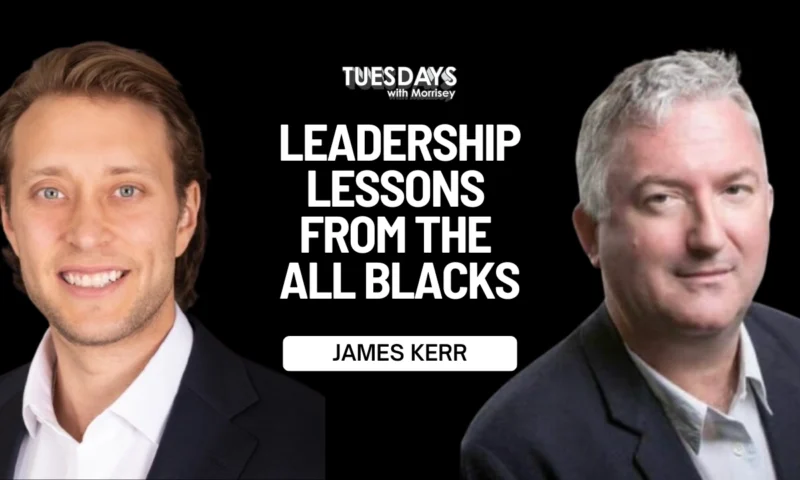The Branding Balancing Act: Reinvent Without Losing Your Brand Identity
The recent resurrection of the Pac-12—reborn with new members and a possible rebrand—raises critical questions about what keeps a brand relevant in the face of disruption. According to Yahoo Sports, the rebuilt conference has signed a five-year media deal with CBS despite fielding just two original members, underscoring how legacy names must evolve to maintain value. As conferences, companies, and creators all wrestle with brand identity in a media-saturated world, the branding conversation is evolving from logos to long-term loyalty. Texas State’s entry into the conference and the potential name change underscore how even legacy brands must adapt to stay meaningful.
How can legacy brands modernize without alienating their base—or worse, collapsing under the weight of their own history?
In this episode of Krow Knows, host AJ Krow sits down with returning guest Kevin Hartley, trademark attorney and co-founder of Trust Tree, to explore what it really means to preserve, evolve, or retire a brand. From sports leagues to legal firms, they unpack how to shape narrative, maintain emotional equity, and avoid the trap of reactive branding.
Key Highlights:
-
Trademarks vs. Brand Identity: A trademark is a legal identifier, but a brand is a personality. Brands endure when they evoke emotions in people, and fail when they ignore shifting perceptions.
-
The Pac-12’s Pivot: Despite upheaval, the Pac-12 still holds trademark value because of its emotional and cultural associations. Rebranding, if done right, could extend its relevance rather than erase its legacy.
-
Lessons from Nike, Apple, and Hospitality: Subtle, proactive brand evolution (like Apple’s naming pivot or Hilton’s brand tiering) often outperforms high-profile overhauls. The best brands know when to modernize and when to hold steady.
Kevin Hartley is a trademark attorney and co-founder of Trust Tree, a legal services firm helping clients protect and build brand value through streamlined trademark registration. With over a decade of experience in trademark law, he transitioned from litigation to focus on supporting entrepreneurs and businesses in securing intellectual property. Since 2015, he has led Trust Tree’s mission to simplify the trademark process and make brand protection more accessible.



